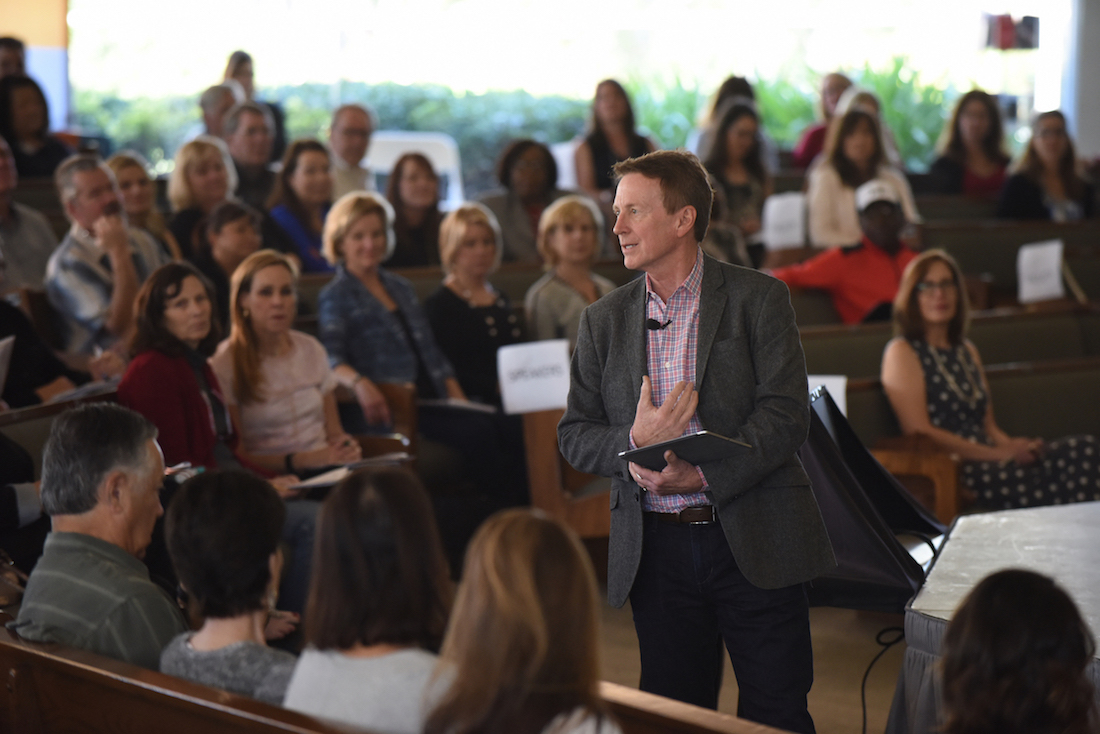How is your “People Picker?” We all choose individuals to be around us, and most of them are pretty good finds. But it’s easy to also get a bit out of balance, and have a lot more “drain” conversations than “gain” conversations. This can lead to fatigue and burnout, and then everyone gets drained.
In my new book People Fuel, I present a model of the different types of relationships, the Seven “C’s”, that will help you be a bit more intentional and clear about knowing how to spend your time. Here is a summary of those “C’s”, ranked from highest to lowest resource for you:
- Coaches: Those individuals with whom we engage, to mentor, develop, guide and direct us. A coach can be paid or pro bono. Coaches have 3 qualities: (1) they are subject matter experts of in some area of your interest: leadership, parenting, emotional health, spiritual growth, or physical training for example; (2) they know how to coach. There is a science of coaching, and they know the theory and steps of taking a person from point A to point B. The Townsend Institute, for example, trains students in getting a Masters or a credential in Coaching (townsendinstitute.com); and (3) they have no personal need for you
to be a mutual friend or buddy. That’s fine, but they make the time “all about you.” - Comrades: Your Life Team. Those 3-10 individuals who know it all about you, accept you fully, but also tell you the truths you need to hear. Comrades are also fully involved in their own growth, and are vulnerable with you, as they want help from you as well, in mutual improvement. Comrades can be in a group, or individuals, or some hybrid.
- Casuals: Those friends and neighbors you have who are just good, positive people. Maybe your kids are on the same soccer teams, or you like the same music events. Casuals help us experience being in the moment and enjoying life with someone. They are also a “farm team” as potential Life Team members.
- Colleagues: We spend a great deal of time working, and it’s important to work with the right people. You don’t always have a say in those with whom you work. But as much as possible, work with those who are (1) truly competent; (2) relationally oriented; and (3) work well on teams. This can make your work life an energy-producing experience.
- Care: Those individuals who are without something they need, and which you have the capacity to supply to them. This can range from helping mentor a young business person to supporting young parents to digging wells in a developing country. Our Care relationships help us make the world a better place, and also they release oxytocin in us, the hormone that lifts our spirits, reinforcing us to repeat those behaviors again. We always need to be giving back in life, that’s a large part of what a healthy life is about. But we also need to be aware that we may be spending too much time and energy in too many Care relationships as well.
- Chronics: Sometimes called the “bless their heart” individuals. Chronics are not bad people, they are often very good people. They do have long term patterns of having lots of problems that rarely go away: job, financial, emotional, family and relationship struggles, for example. That is not a problem in and of itself, as we all have our challenges. But Chronics also have what I call a flat learning curve, that is, they don’t learn much from their experiences, nor do they apply all the advice you give them, time after time. They want to spend time with you, but more because you are a caring and supportive person, less because they want to apply your advice. You can spend enormous time and meetings trying to help Chronics, and just not see change.
- Contaminants: We are all imperfect, but Contaminants are at another level. They have bad motives. They tend to be envious, and desire to divide and damage others. They can attack your business, your church, your marriage, your family, or your own soul. When you have clear evidence that you are dealing with a Contaminant, you must warn them of their behavior, and then create safety and distance from them.
When I take leaders and families through these categories, the first thing they usually say is “Hey, I’m bottom heavy!” In other words, they become aware that they have too many Care, Chronic and Contaminant relationships, and not enough Coaches, Comrades and Casuals in their lives. This imbalance can lead to significant losses of energy and positivity.
The answer is to right-size matters. First build up the Coaches and Comrades, then begin pruning back the lower categories. I spell out exactly how to do this in the book, in a reasonable and respectful way.
You will be amazed at how things go better for you!
Best,
John

Leave a Reply